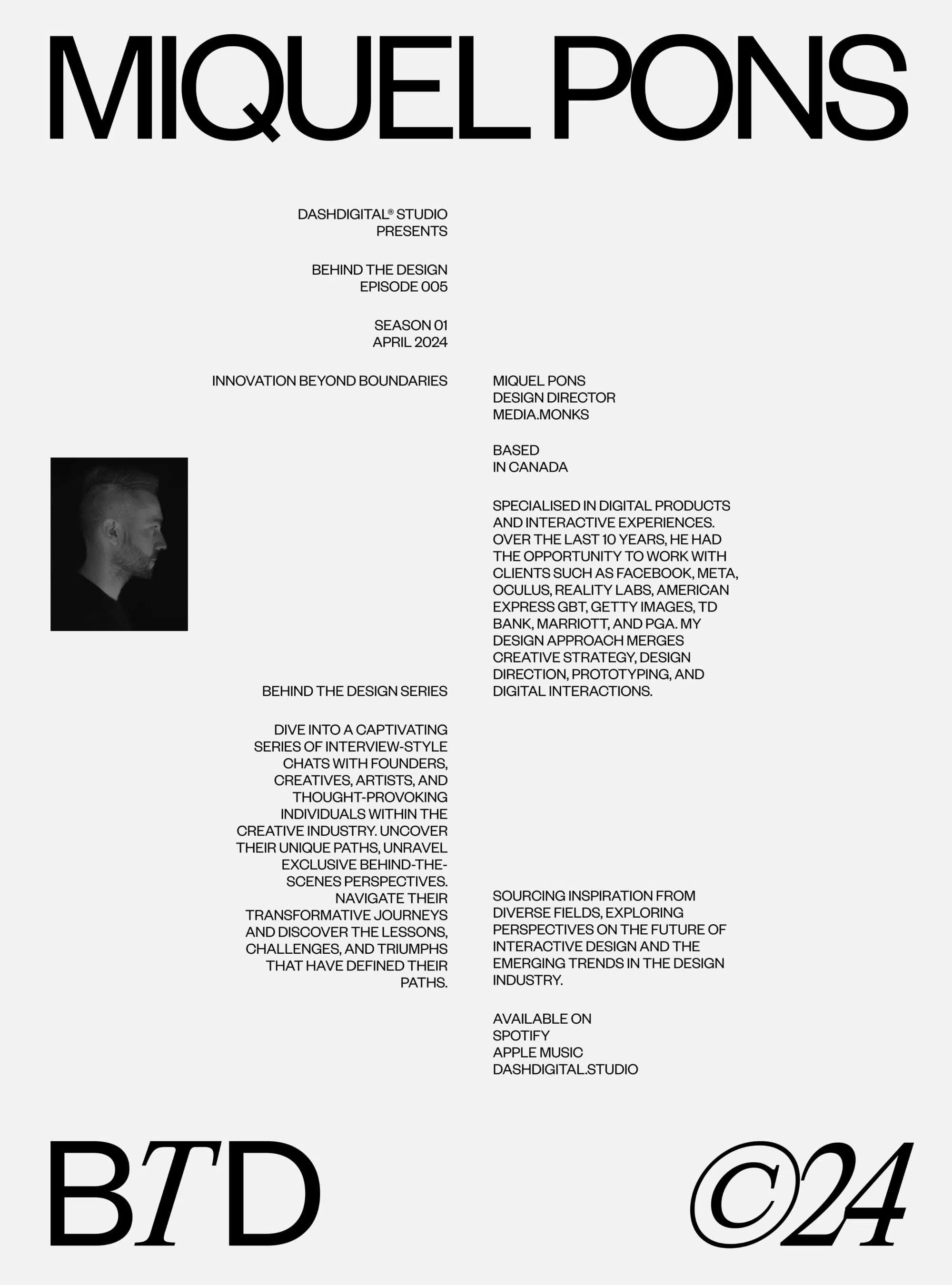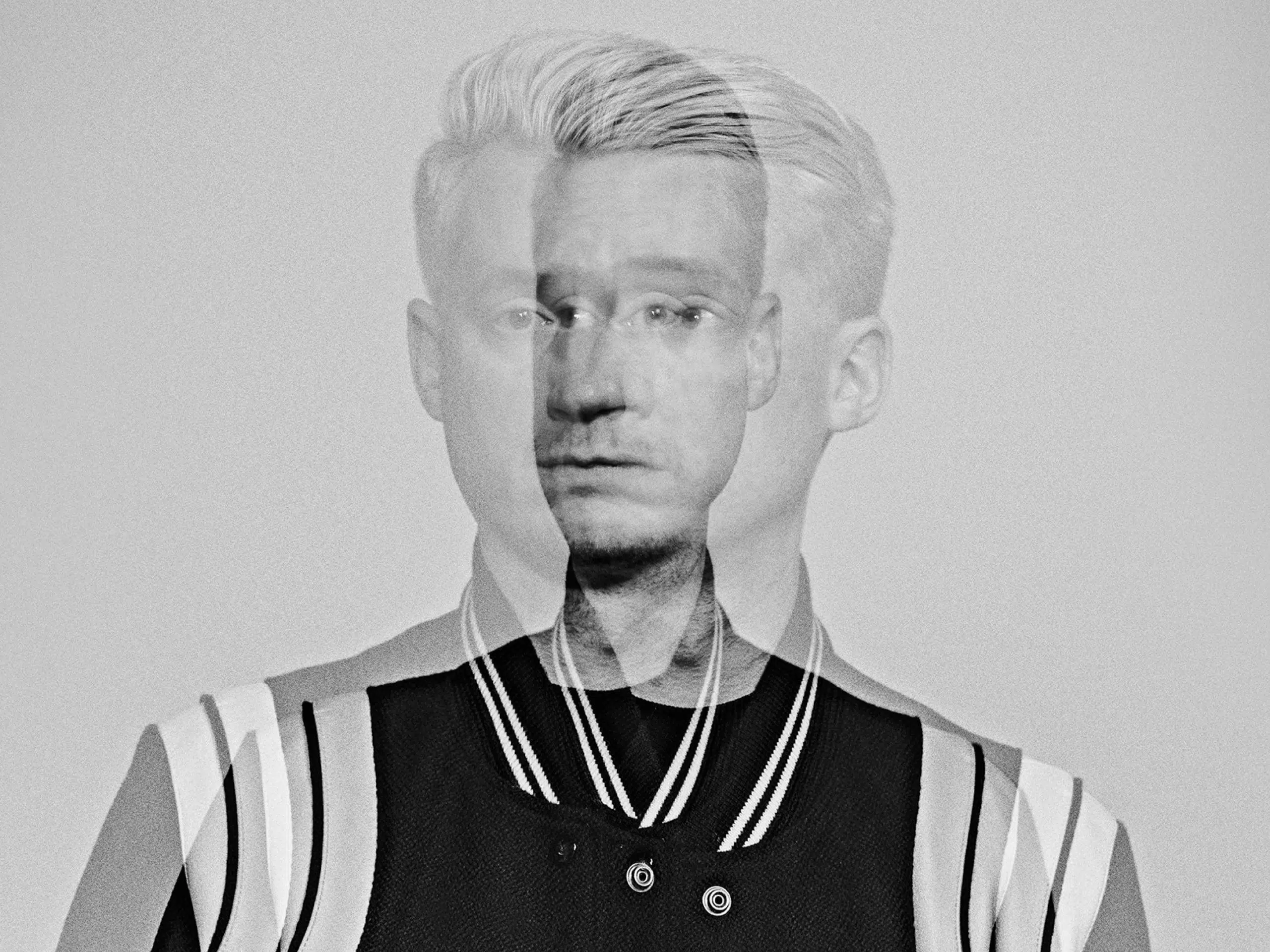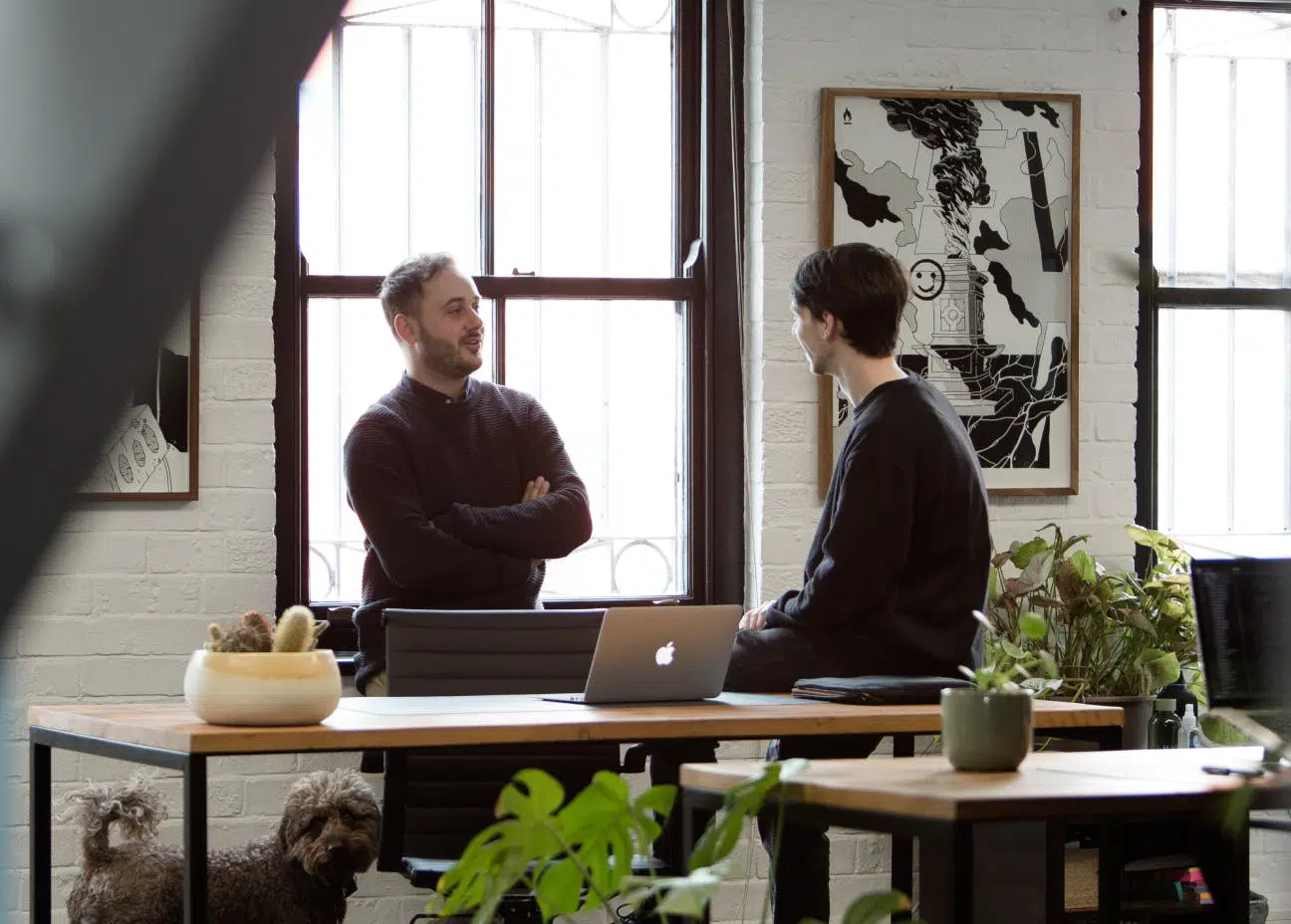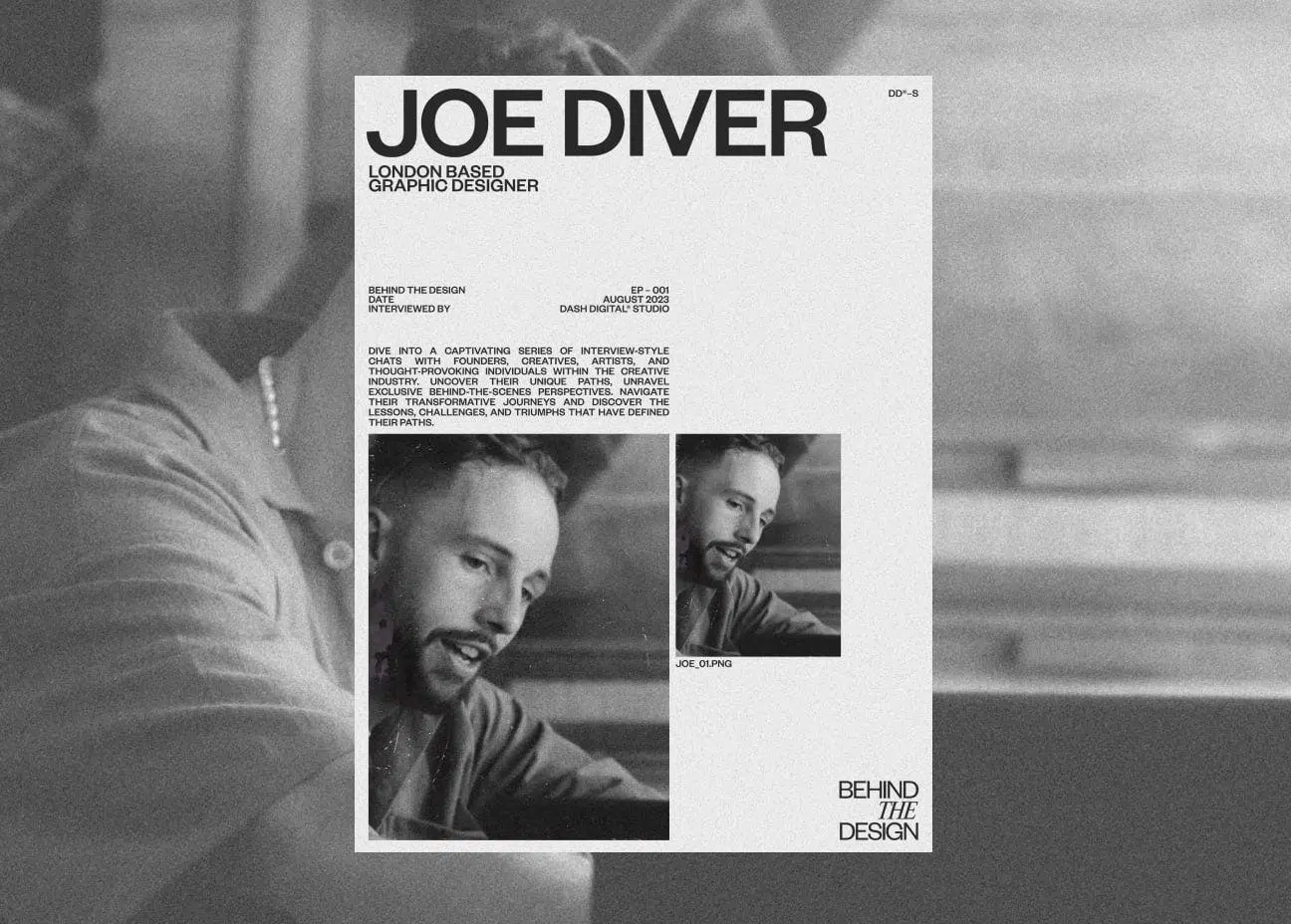Miquel Pons
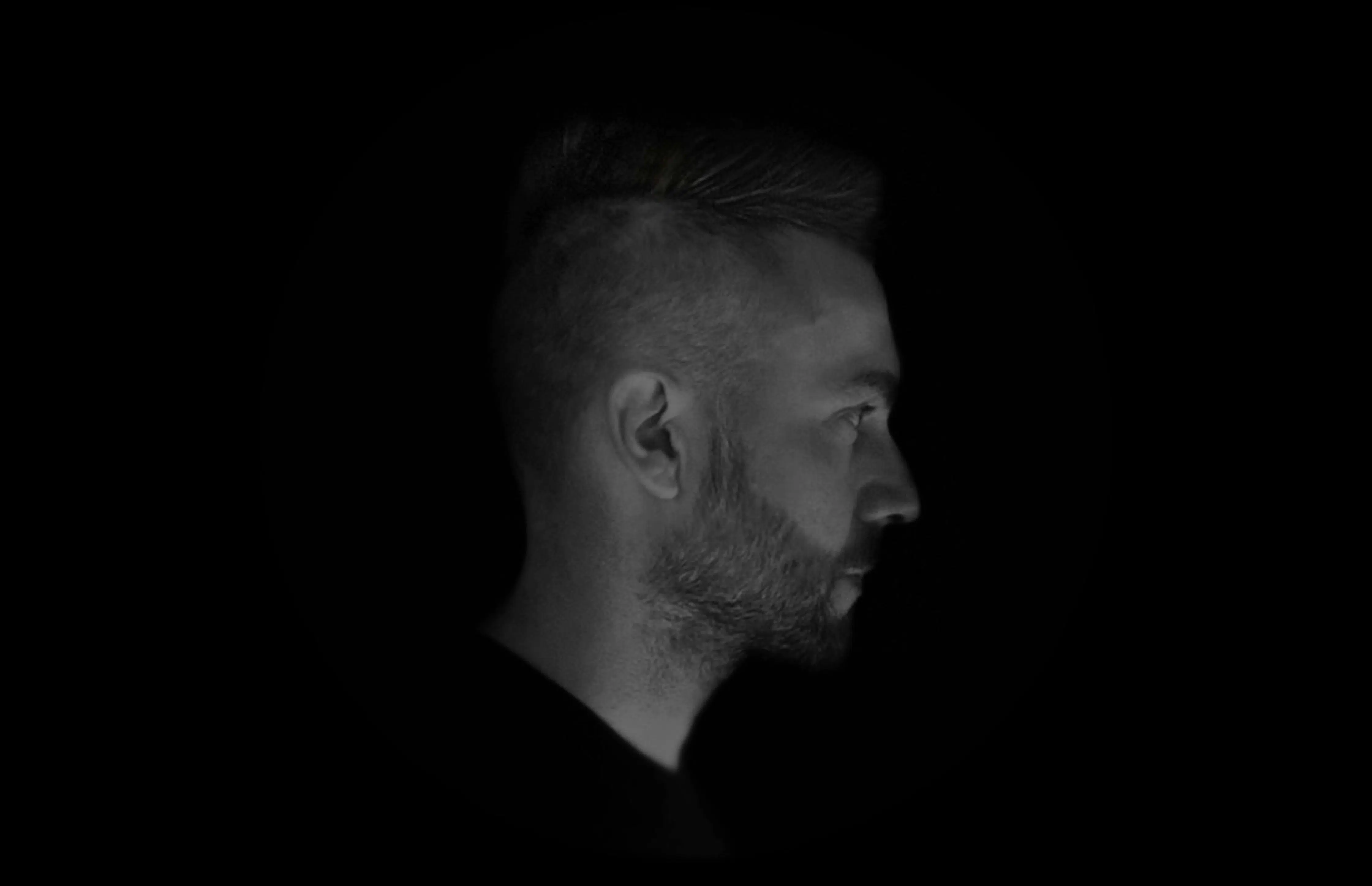
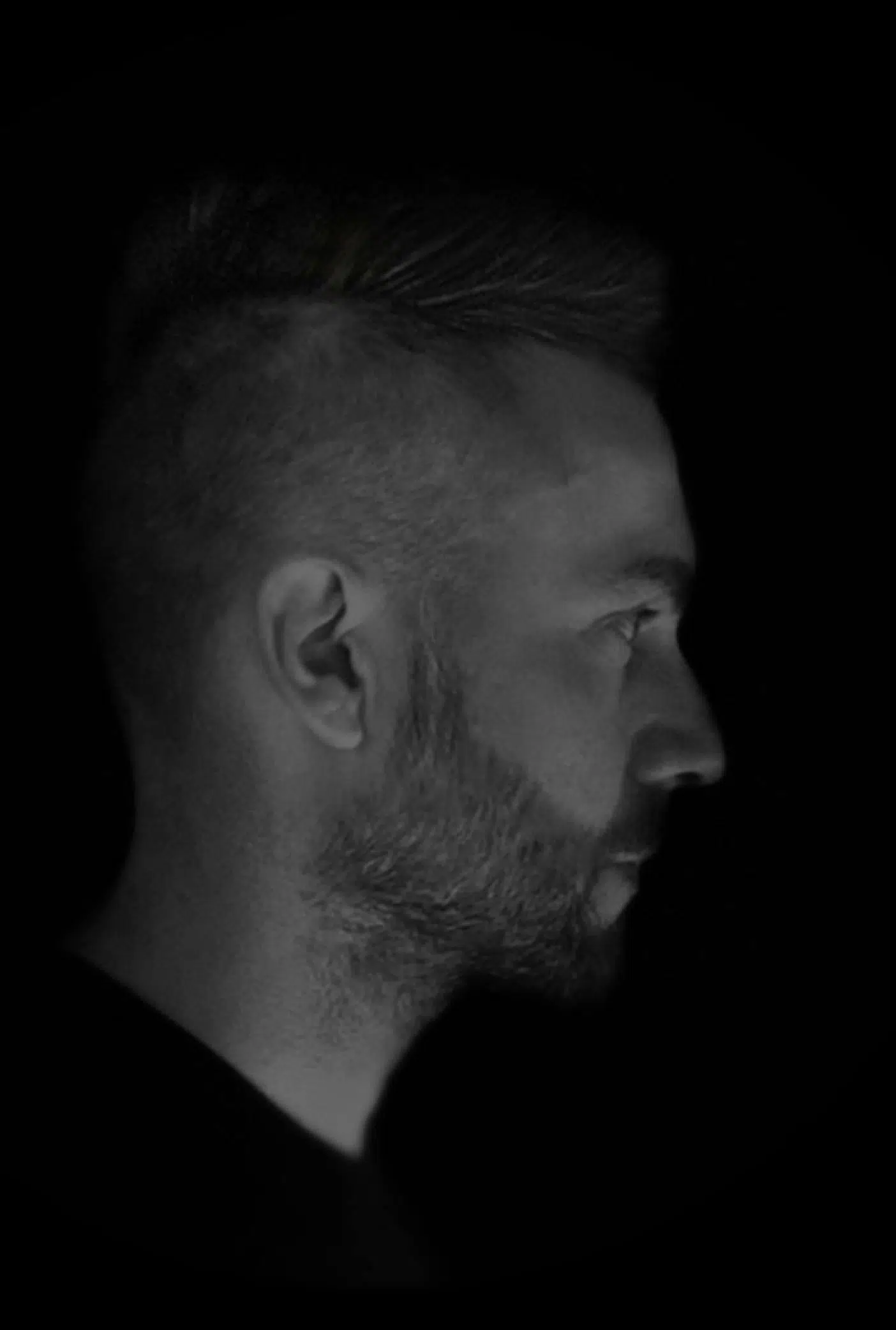
Our guest today is Miquel Pons, Design Director of Media.Monks, who specialises in digital and interactive experiences and has collaborated with some industry giants such as Facebook Meta, American Express GBT and the PGA. Today we get to explore his career and design evolution.
Miquel, lovely to have you! Before we even get into your design journey – I've heard that you're quite a music lover, so maybe you could do that you know who's the latest on your playlist?
I've been listening to a lot of ambient music and electronic music lately: it helps me a lot to be more focused, and more present overall. One of the artists I'm listening to right now is called Hologramme, which is an artist from Montreal. I love their songs and their music – you should check it out.
Do you listen to music continuously while you work, or are you someone who needs to sometimes design in silence?
Mostly when I'm doing creative work, I love to be surrounded by music. It's kind of part of my daily life.
If we had to look at your design journey, what would you say some of your key milestones have been throughout your career?
My first big milestone, I would say, was when I was starting my design degree career back in Spain: during that time, one of my teachers encouraged me to submit my final degree project into the Laus Awards, which are probably the most popular design awards in Spain. I did, and I got a Laus Awards – that was huge for me. At that moment, I knew exactly what I wanted to be: I wanted to be a graphic designer.
My second milestone is when I moved to Canada and had the opportunity to join my first agency here, which is called Versett. You move from your own country to a new country and you don't know anyone, but I felt that the team was always super supportive and you know, I had a great time. I also started learning new ways to approach creative work and design work. That was also, you know, a big milestone as well for me during that time.
And I would say the last one is when I joined the team at Jam3 [now Experience.Monks]. I’ve always admired their work and just having the opportunity to join the team and work on some of these projects was incredible for me.
Being a designer coming from Spain to Canada, was it difficult to integrate into a whole new country and agency?
I would say it was more challenging in the beginning. As I said before, I'm from Spain, and I speak Spanish and Catalan. When I moved to Canada, I had to learn English and actually use the language to, you know, collaborate with teammates. And yeah, I think it was a bit challenging in the beginning, but yeah, after a few months, I started getting used to it and felt more confident and more comfortable speaking.
Outside of the language, which we've just identified as a huge challenge, have there been any other massive career challenges that you've had to overcome?
There are a lot of challenges when you move to a new country. For example, new methodologies that you need to learn how to approach the work and how you need to collaborate with your teammates, or even how you need to present to clients. And all these things put you out of your comfort zone. But at the same time, they're positive experiences. I would say that taking these challenges as opportunities is always a great way of learning things.
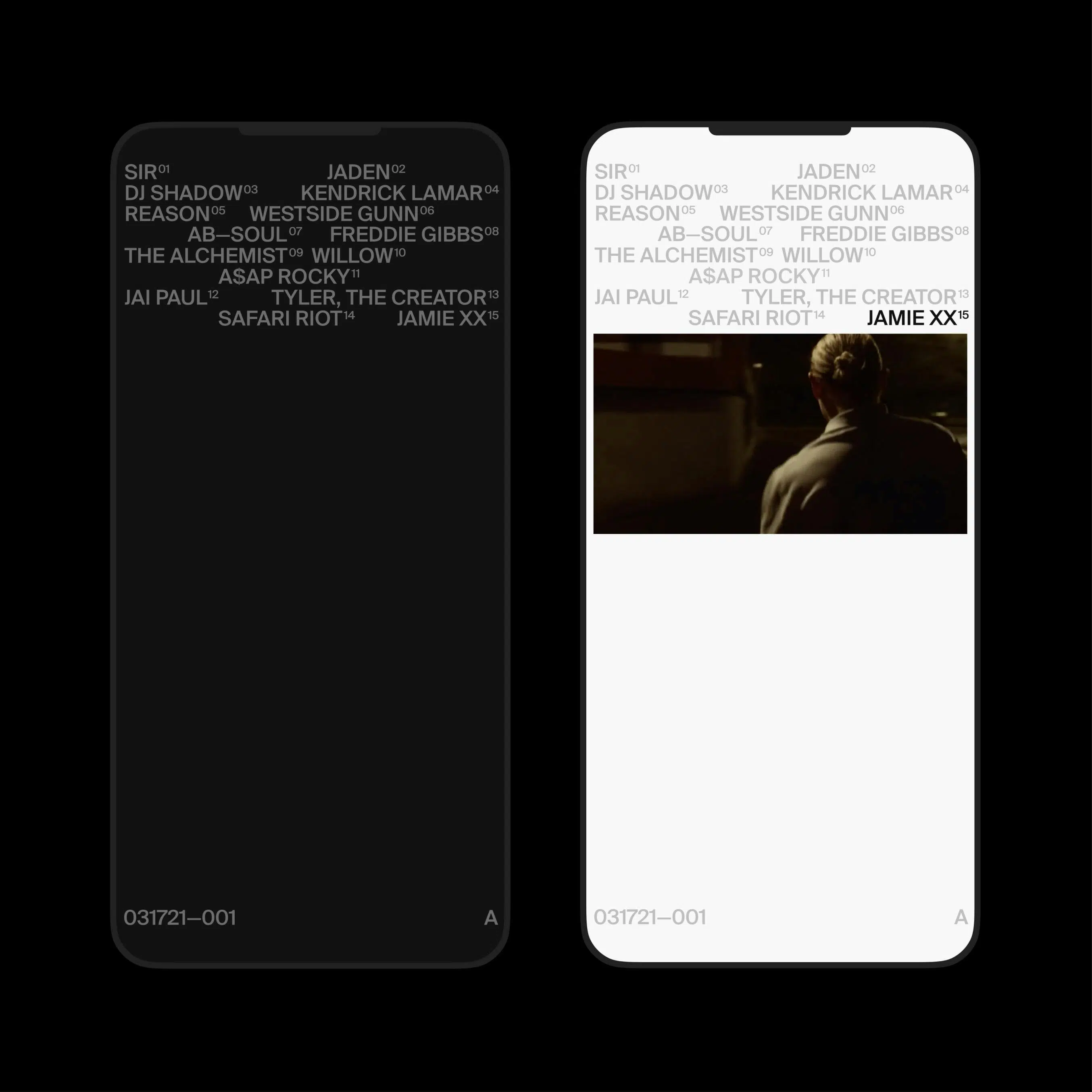
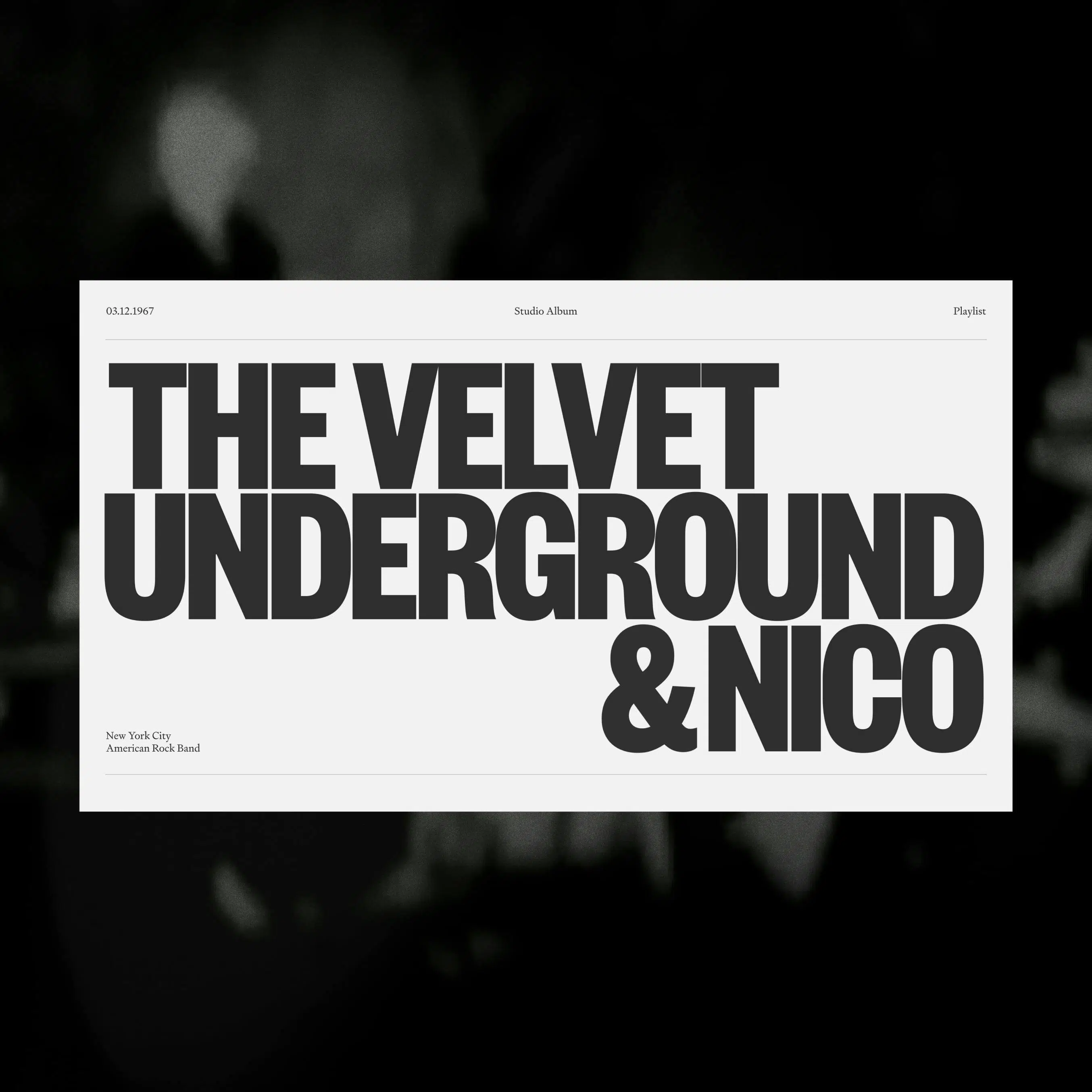
When you sit down and you search for inspiration, how does inspiration then guide your creative choices?
For me, inspiration comes in multiple ways, and I don't see inspiration coming from a linear process. It's all about the sources that you could get inspiration from and it doesn't actually need to come from a design, or even creative, source. It could come from anywhere. It could be a song, it could be a movie, or even it could be a book or a magazine that you're reading. Sometimes even it could be a dish that you're cooking. I’ve found beauty and inspiration in the most trivial things in life. I think it's how all these things are connected to each other.
We have so many resources that we can look at for design inspiration today. And I think that's amazing. I think it's great. But I also feel like we should look at other things in life that can get us inspired as well.
I also have a true passion for fashion and architecture. I think you know, all these things are really important for me, as I also started as a graphic designer, I have a true passion for print – magazines and books as well. So, even though we're fully working in digital today, I think other sources of inspiration could have a huge impact on your work and your creative choices.
I think it's really important for them to feel competent from the very beginning and if they have questions or they need some sort of help, they can reach out and speak up.
Sometimes it could be a big chunk, but sometimes it could be less – and it's definitely one of my favourite parts of any project, where we need to start looking at inspiration and references, and where nothing has been clearly defined yet. And you have to start looking at those references and inspiration to find, “What's the North Star of the project? What's the vision and what's the concept behind it?”
How do you get over creative blocks? Because finding inspiration, like you said, is part of the fun, right? But when you get into it and actually start designing, sometimes you just hit that roadblock. Do you have any kind of process to get out of that?
I mean, for me, going for a walk always works. Especially when I need to step out of the creative work just by having a short walk and then coming back. I feel more focused and more productive in general.
Something else that I also found really helpful as well is communication in general, like having a conversation with a friend, with family or even with a co-worker, where you can establish a conversation that is not work-related. Sometimes if you feel a creative block and just reach out to a co-worker and feel free to express yourself, and why you feel like this, people are eager to help you out on that. Having those types of conversations with people that you work with is super important as well.
I think it's really important for them to feel confident from the very beginning and if they have questions or they need some sort of help, they can reach out and speak up.
Have you always been open to asking for help? Early on in your career, were you quite vocal when you needed help, or do you think that came as you got a little bit more experienced?
It definitely came out after a few years for me. I remember when I started, I was a little bit shy and I didn't want to ask for help, even though I had so many questions at the time. That's why I'm trying now, when I speak with younger designers, to make them feel like, “Hey, you know, you have questions or need help, please ask.” I think it's really really important for them to feel confident from the very beginning and if they have questions or they need some sort of help, they can reach out and speak up. I think this is important for any young professional starting their career.
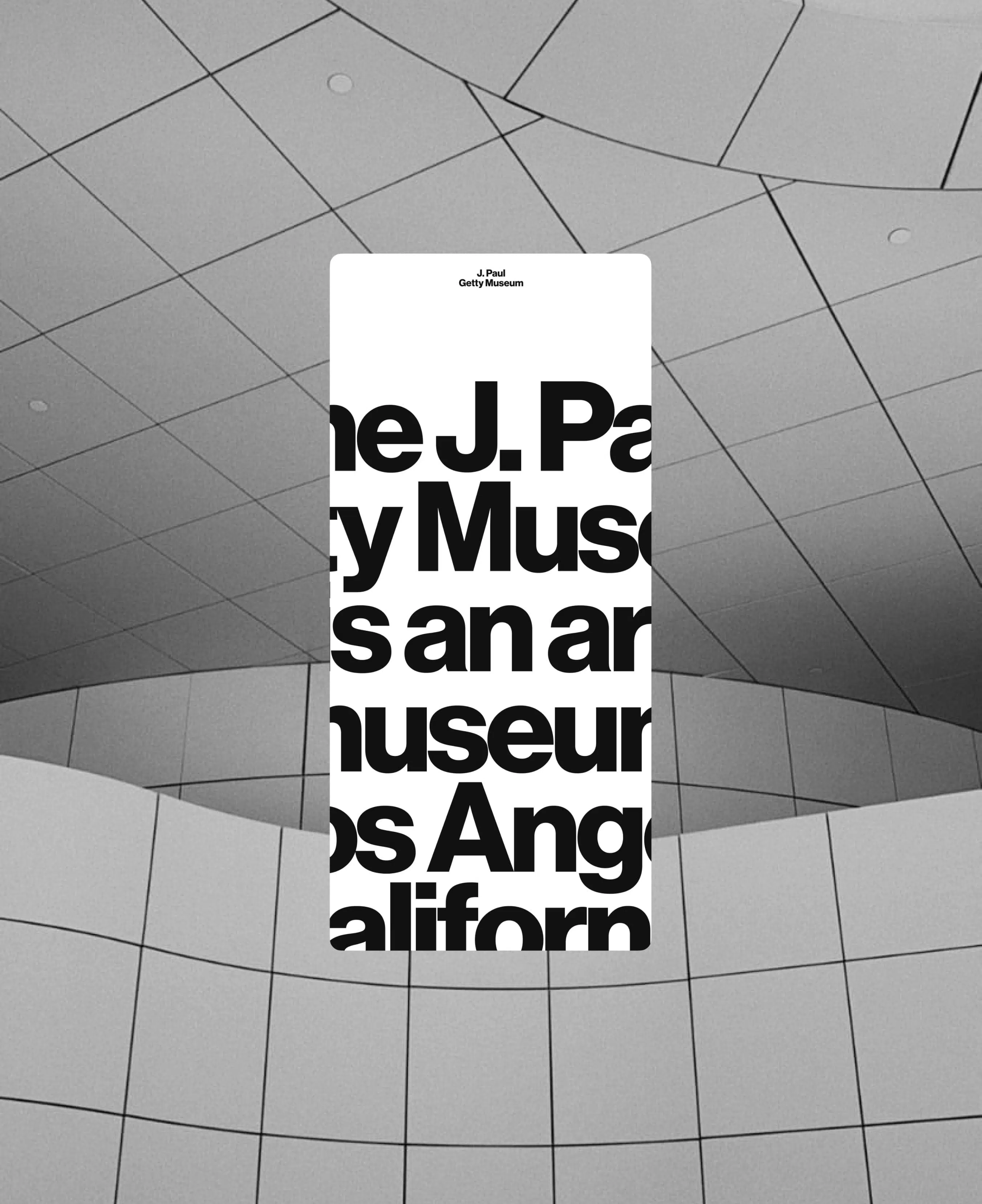
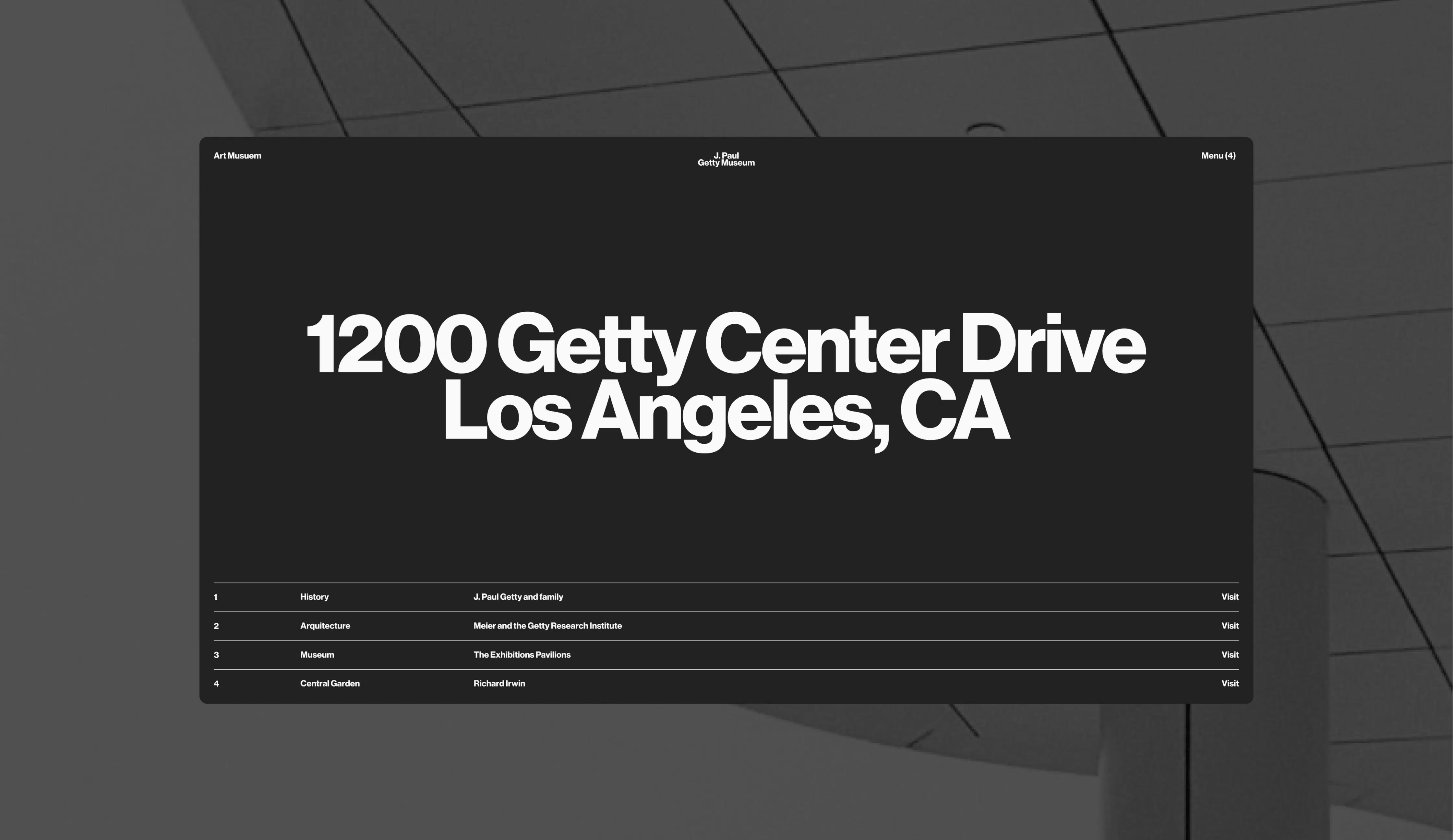
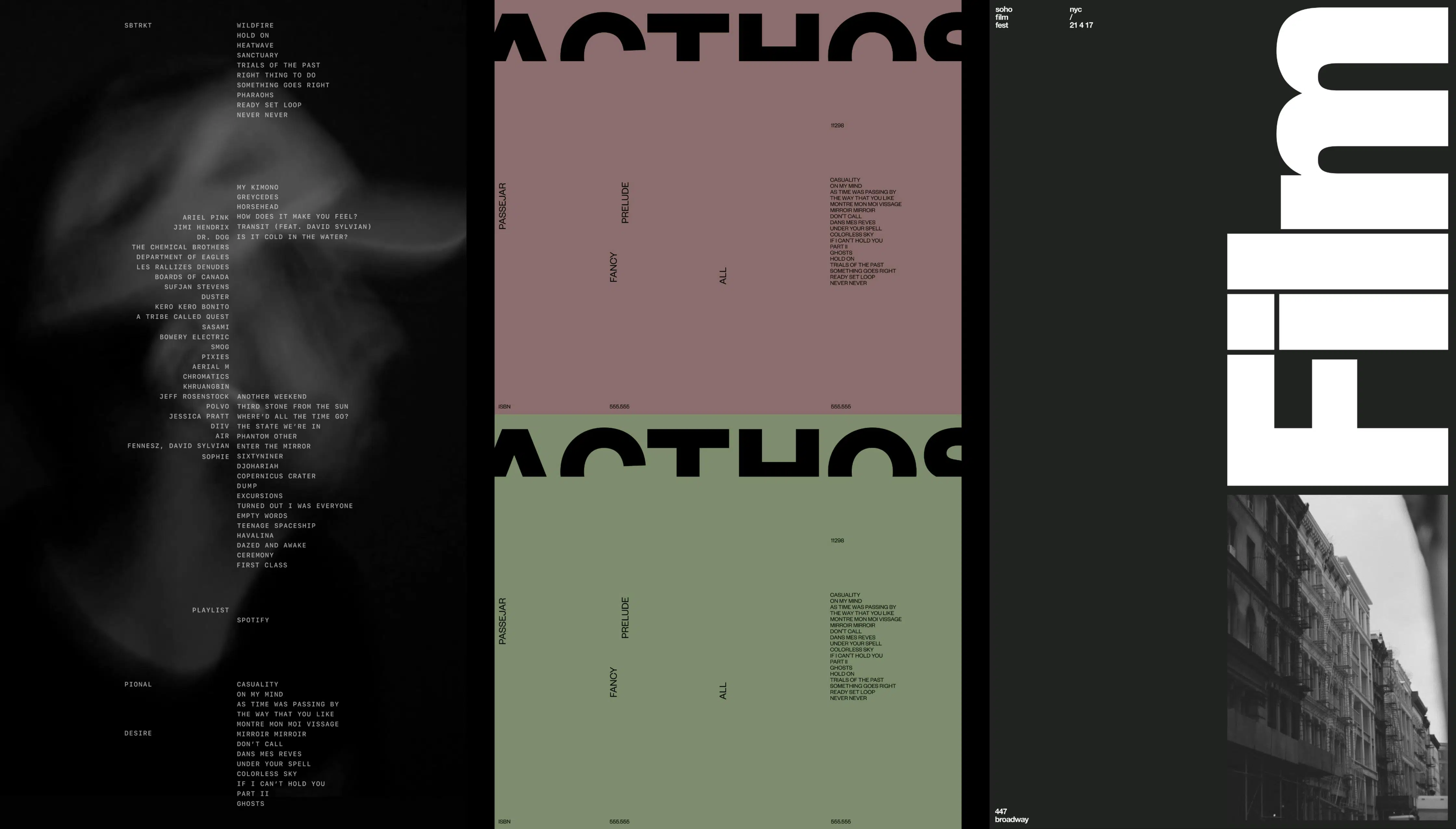
If you had to look at the future of design – maybe at the future of interactive design and where it's moving and how it's evolving – what’s exciting to you about that?
I see the intersection between interactive design and Gen AI being the future of digital design, and also interactive experiences moving forward. I mean, it's happening now. But I'm really, really excited to explore more and continue with this path. I can see big challenges and opportunities as well.
And it's also about how we want to position a strategic vision, for brands and companies as well. Another aspect is the role of emotion in interactive design, because that's something I've always always been interested in – finding these delightful moments through emotion and how we want to create these interactive experiences.
Emotion, I think, is what I'm really interested in – sometimes we forget about these aspects of design and I feel it's really important to kinda, you know, put some sort of emotion behind any type of work. So, I hope as interactive design evolves, there’s always some kind of an emotional touch as well.
Would you say that all the technology that’s coming up is making it easier for youngsters to get into this industry? We speak to a lot of people, and there's quite a lot of people that are self-taught now. Now, it's not so much about where and what you studied, but like, “Are you capable? And are you capable of using the tools? And do you have the vision to be able to progress?”
I think it's easier today if you want to start a design career, because there are so many resources available out there – you can learn a lot of new tools, new techniques, and new skills as well. So, definitely easier than before.
I would say that there are also other aspects that as a designer that you need to learn that are partly related to, you know, history of design or typography, that are extremely important.
I remember when we studied, it was a three-year course. We didn't touch a computer for year one: type was all hand-done.
We had to learn typography, make fonts… it was all about the foundation before you move onto a computer, right? There are some fundamentals that you can't just pick up – you're going to have to sit down, and there are tools to learn, YouTube videos and books – that you need to research, but were probably the most vital part of the learning process in college.
I always try to stay curious and keep learning from the design community and also from the teammates that I'm able to work with every day.
Technology and design is such an evolving field: it changes so quickly that I sometimes feel if you took a year off, you'd get back and you’d be so far behind so quickly. How do you stay at the forefront of modern design trends and technologies?
I always try to stay curious and keep learning from the design community and also from the teammates that I'm able to work with every day. The design community nowadays is incredible. Looking at new trends is really important – but also looking at timeless work, like design work and understanding why, you know, it’s still there and why it’s important – understanding how it works and how it functions and you know, how it also influences people.
How it actually impacts us as designers and creatives into this world, right? I think that timeless work should always be a point of reference for inspiration, because I think it helps you to understand how the design field has evolved.
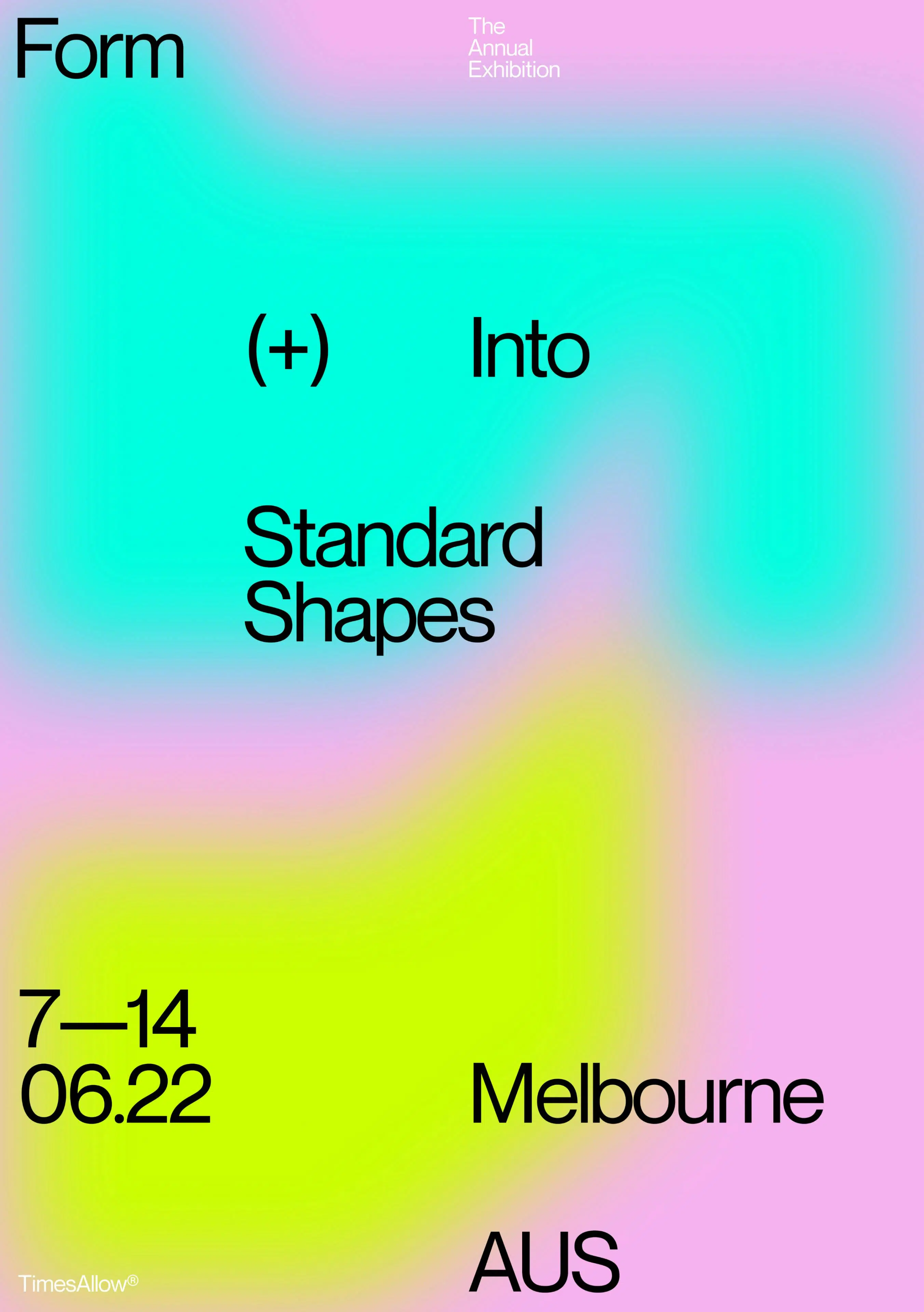
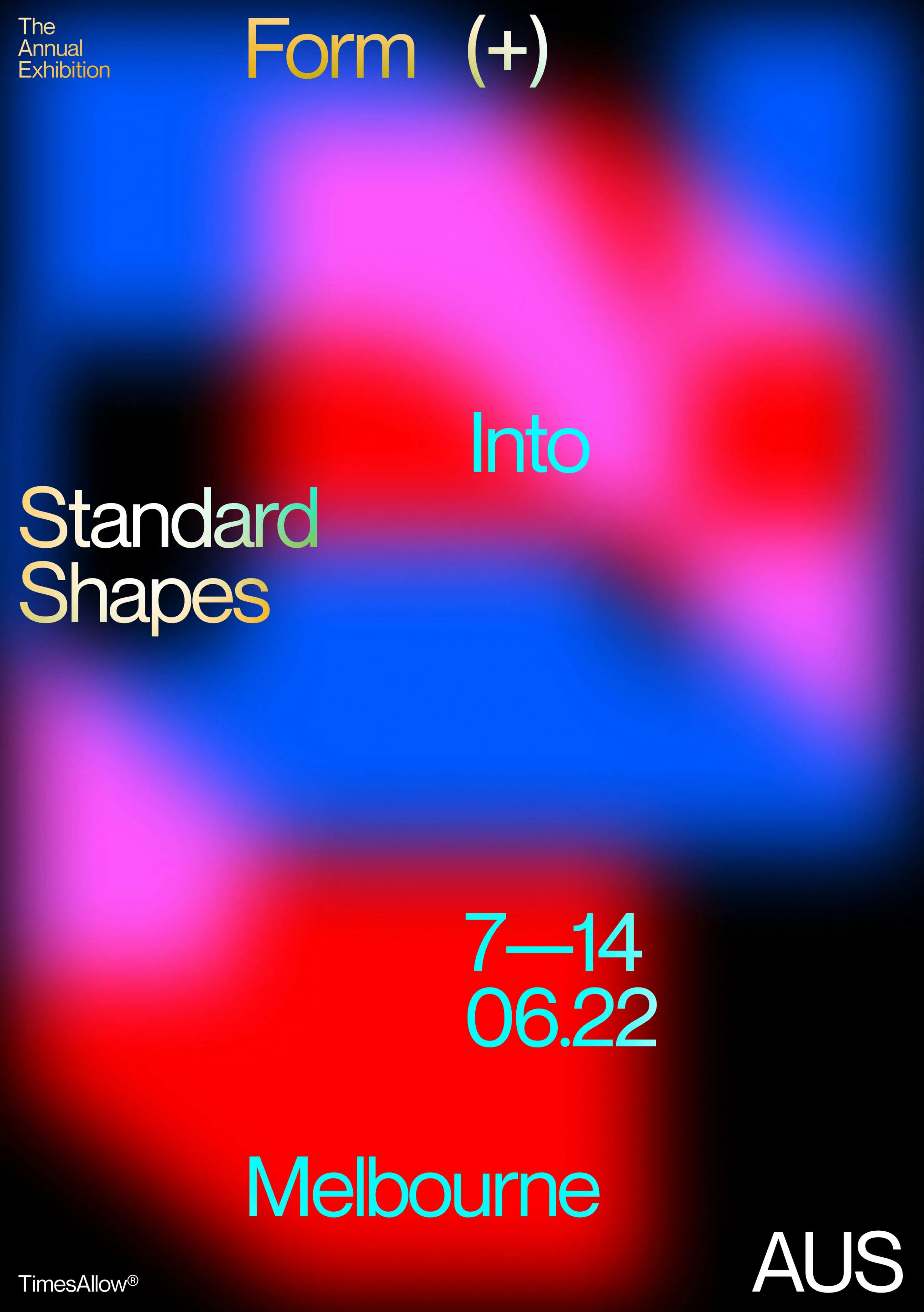
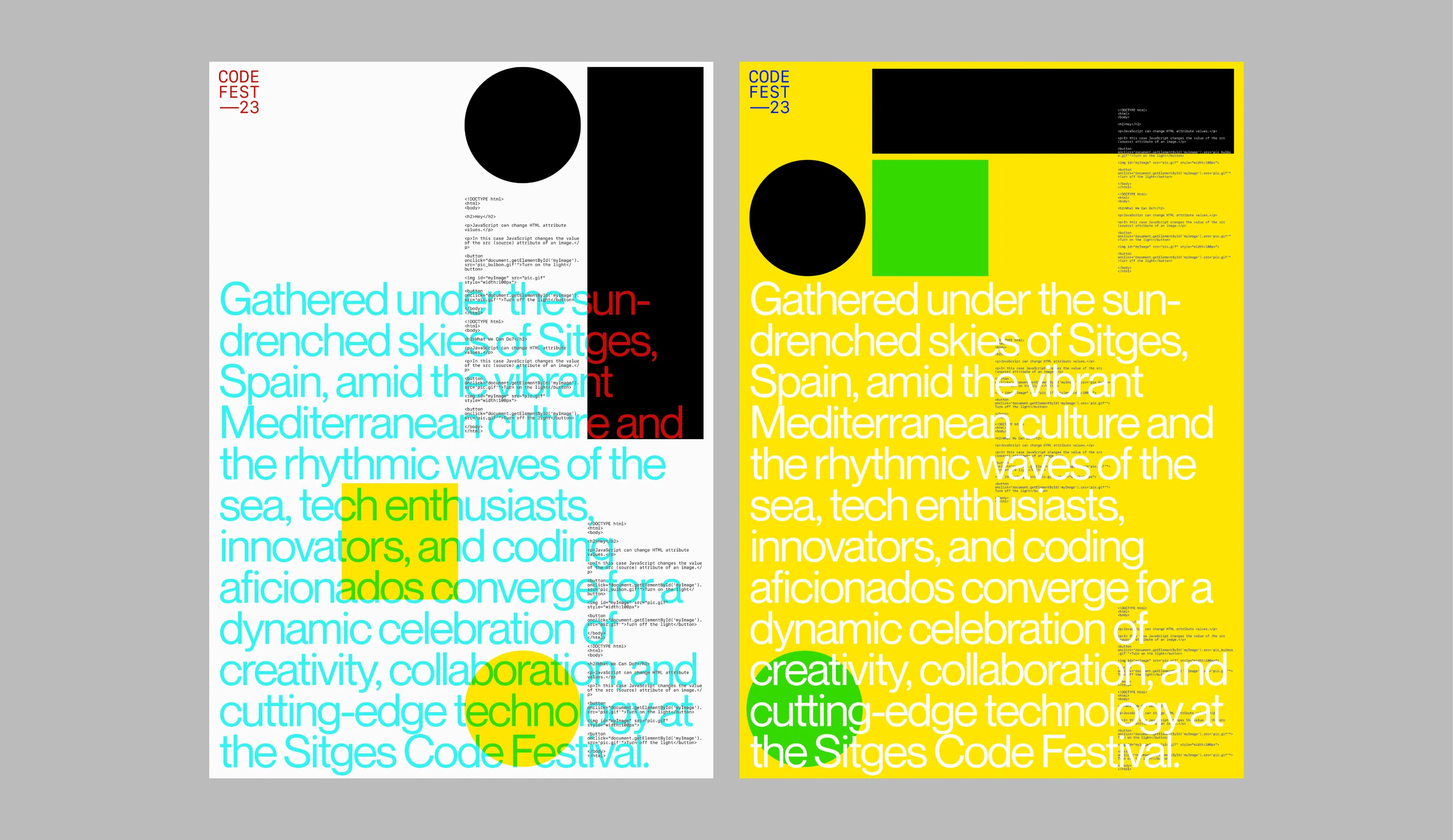
To end off, I have one question that I ask everyone, and that’s one of my favourite questions because I learn about a lot of new designers this way. If you were to choose your favourite agencies, studios or freelancers currently, who would those be?
I have a few Yeah. The first one is SPACE10, which was a research and design lab from Copenhagen. They closed their doors recently but over the last 10 years, they’ve been a huge inspiration for me and have always been pioneers in design and innovation. Their work is super thoughtful, super inspiring.
The second one is Folch Studio, which is a design studio from Barcelona, Spain. Their work is very conceptual and beautiful, and I’ve admired them for a very long time. And the third one is Mesura, which is an architecture studio from Barcelona as well. So I discovered them recently, but I do love their work. Yeah, I mean, I love spending time on their website and looking at their projects – understanding the meaning of the projects, and how they apply different materials.
That's a good list, and every name you said resonated with me. Miquel, thank you so much for joining us – I think this was awesome, and I really enjoyed sitting with you.
If you're eager to delve deeper into the world of digital design to catch up on our conversations with inspiring creative, search for Behind the Design on your favourite podcast platform.
Each poster is a tribute to the individual we interview, incorporating elements from their conversation into the artwork and designed to encapsulate their distinct style.
